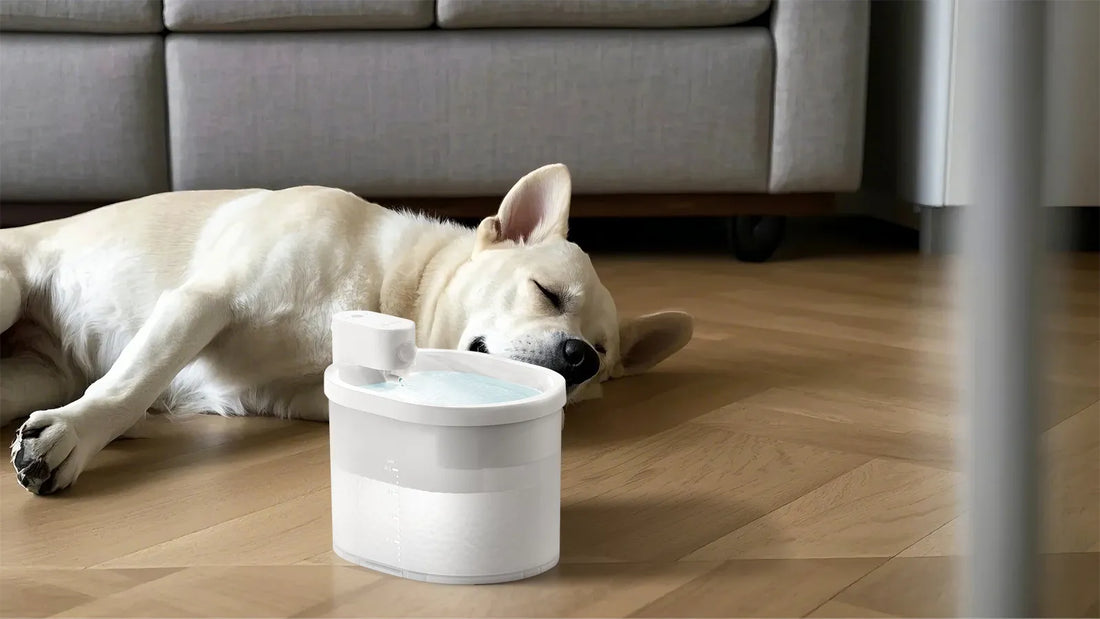When your cat stopped eating and drinking, it can be a cause for immediate concern. Cats are known for their finicky eating habits, but a sudden refusal to consume food or water is often a sign of an underlying issue. This article delves into the possible causes, effective solutions, and preventive measures to help your feline companion regain their appetite and stay healthy.
Common Reasons Why a Cat Stopped Eating and Drinking
There are several reasons why your cat might stop eating and drinking. Understanding these causes is the first step toward addressing the problem. Here are some of the most common reasons:
1. Illness or Medical Conditions
One of the primary reasons a cat stopped eating and drinking is illness. Conditions such as kidney disease, dental problems, infections, or gastrointestinal issues can lead to a loss of appetite. If your cat shows other symptoms like lethargy, vomiting, or diarrhea, it’s crucial to consult a veterinarian immediately.
2. Stress or Anxiety
Cats are sensitive creatures, and changes in their environment can cause stress or anxiety. Moving to a new home, the introduction of a new pet, or even changes in their daily routine can make them stop eating and drinking. Identifying and mitigating the source of stress is essential.
3. Dental Problems
Dental issues such as tooth decay, gum disease, or oral injuries can make eating painful for your cat. If your cat is avoiding food or showing signs of discomfort while eating, a dental check-up is necessary.
4. Aging
As cats age, their metabolism slows down, and they may lose interest in food. Additionally, older cats are more prone to health issues that can affect their appetite. Regular veterinary check-ups can help manage age-related changes.
5. Food Preferences
Sometimes, a cat stopped eating and drinking simply because they don’t like the food or water provided. Cats can be picky eaters, and even a slight change in the brand or flavor of their food can lead to refusal.
What to Do When Your Cat Stopped Eating and Drinking
If your cat has stopped eating and drinking, it’s important to take prompt action. Here are some steps you can take to address the issue:
1. Consult a Veterinarian
The first and most crucial step is to consult a veterinarian. A professional can diagnose any underlying medical conditions and recommend appropriate treatment. Early intervention can prevent complications and improve your cat’s chances of recovery.
2. Offer a Variety of Foods
If your cat is a picky eater, try offering a variety of foods to see what they prefer. Experiment with different flavors, textures, and temperatures to entice them to eat. Wet food, for example, can be more appealing than dry kibble.
3. Ensure Fresh Water is Available
Dehydration can be a serious issue if your cat stopped drinking water. Ensure that fresh, clean water is always available. Some cats prefer running water, so consider using a water fountain designed for pets.
4. Create a Stress-Free Environment
If stress or anxiety is the cause, try to create a calm and comfortable environment for your cat. Provide a quiet space, use calming pheromones, and maintain a consistent routine to help them feel secure.
5. Monitor Your Cat’s Behavior
Keep a close eye on your cat’s behavior and note any changes. Monitoring their eating and drinking habits, as well as their overall health, can provide valuable information for your veterinarian.
Preventive Measures to Keep Your Cat Eating and Drinking
Prevention is always better than cure. Here are some tips to ensure your cat maintains a healthy appetite and stays hydrated:
1. Regular Veterinary Check-Ups
Regular check-ups can help detect and address health issues before they become serious. Your veterinarian can also provide guidance on the best diet for your cat’s age, breed, and health condition.
2. Provide a Balanced Diet
A balanced diet is essential for your cat’s overall health. Ensure that their food meets their nutritional needs and is appropriate for their age and activity level. Avoid sudden changes in their diet, as this can lead to refusal.
3. Keep Their Environment Stress-Free
Maintain a stable and stress-free environment for your cat. Avoid sudden changes in their routine, and provide plenty of enrichment activities to keep them mentally and physically stimulated.
4. Dental Care
Regular dental care is crucial for preventing oral health issues. Brush your cat’s teeth regularly, and provide dental treats or toys to help keep their teeth clean.
5. Monitor Their Weight and Health
Keep an eye on your cat’s weight and overall health. Sudden weight loss or gain can be a sign of an underlying issue. Regular monitoring can help you catch problems early.
When your cat stopped eating and drinking, it’s natural to feel worried. However, by understanding the potential causes, taking prompt action, and implementing preventive measures, you can help your feline friend regain their appetite and stay healthy. Remember, your cat’s well-being is in your hands, and a little extra care can go a long way in ensuring they live a happy and healthy life.














